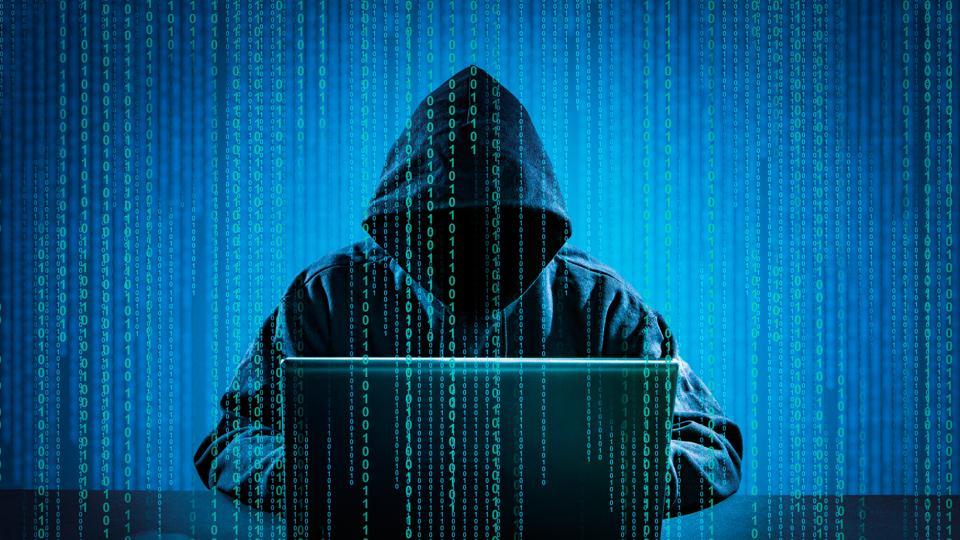US spies get help from UK
March 1, 2018 | Expert Insights

Spymasters and cyber security experts in the US are looking to their counterparts in the UK to gain guidance on how best to counter the multitude of cyber threats across the world.
A number of large US companies have fallen victims to large scale cyber attacks in the recent past and there are reports that the US presidential election too, suffered from hacks.
Background
A cyber threat is a type of offensive maneuver that results in an unforeseen disruption of a computer network or system. This disruption could end up damaging these networks. A cyber attack is one that is orchestrated by malicious players including nation-states, individuals, groups or organizations that target computer information systems.
One of the most potent cyberattacks took place in May 2017, and paralyzed hundreds of thousands of systems across the world. The WannaCry ransomware crypto worm, targeted computers that were running on Microsoft Windows operating system. It encrypted data in the systems and demanded ransom payments in Bitcoins.
In one day, it infected over 2,30,000 computers and the attack spread over 150 countries. Many institutions across the world like the UK’s National Health Service (NHS), FedEx, Deutsche Bahn and Spain’s Telefonica were hit.
In recent years a number of cyber attacks on individual organizations like Sony Pictures, have been traced back to malicious players in nations like North Korea. In 2016, Russia was accused of running a disinformation campaign against US Presidential candidate, Hillary Clinton. The emails of the Democratic National Party were also hacked and released by Wikileaks. The personal mails of French President Emmanuel Marcon (before the election) were also hacked into and released.
NCSC
The National Cyber Security Centre (NCSC) is an organization of the UK Government that provides advice and support for the public and private sector regarding how to avoid computer security threats. Based in London, it became operational in October 2016, and its parent organization is GCHQ.
Analysis
On September 2017, it was announced that a large-scale data breach had taken place in Equifax – an unauthorized third party was able to gain access to Equifax data on as many as 143 million Americans. This is nearly half the population of America. The Census Bureau estimates that there are 324 million people in America in 2017. This wasn’t the only US company whose data was breached. Details have emerged that Uber’s data was hacked.
Financial Times has now reported that US spymasters are looking to their counterparts in the UK to gain guidance to prevent future cyber attacks. “Something horrible has to happen to fix it (the gaps in cyber security). The problem is the US is bigger and more complex and there isn’t a unity of focus,” said Rick Ledgett, former deputy director of the NSA who left the agency last year after four decades. “The US should follow the UK model.”
Admiral Michael Rogers, head of the NSA and US Cyber Command visited the offices of NCSC to understand how the group tackles cyber threats more cohesively. Even though the US has the best resources, it suffers from lack of coordination, but this is not a problem in the UK.
“Every country is grappling with this and trying to work out how to do this coherently,” explained Robert Hannigan, a former director of GCHQ who was instrumental in establishing the NCSC. “There are often too many players in cyber and a lack of clarity over who is responsible for what.”
US Deputy Defence Secretary Patrick Shanahan has said, “We have to create this culture - — everybody’s a sentinel, they’re on watch, so that should be, for the CEOs, at the top of their list: ‘OK, are we safe? Are we secure? Are we protecting our secrets?’ And then have the mechanisms and the culture internally to make sure those safeguards are in place.”
Assessment
Our assessment is that cyberattacks are broad based and the best way to counter the multitude of threats is by effectively pooling together all resources and better coordination. No entity including banks, oil companies, airports, construction companies etc. are safe from such threats. Keeping a nation from such attacks is likely to become the main agenda for governments in the 21st century.








Comments